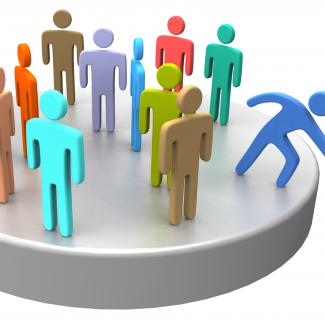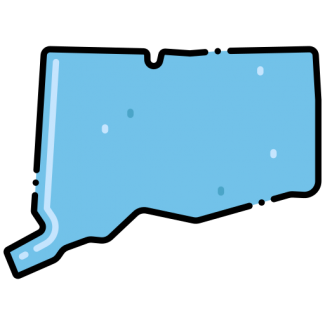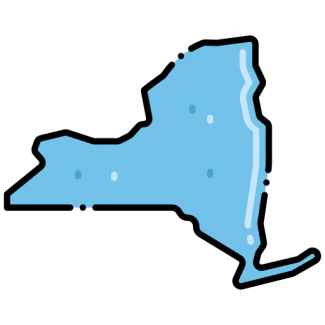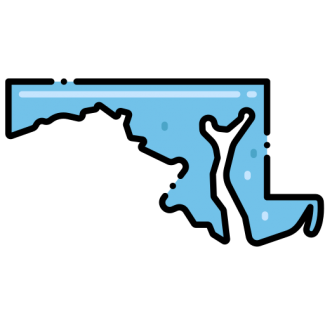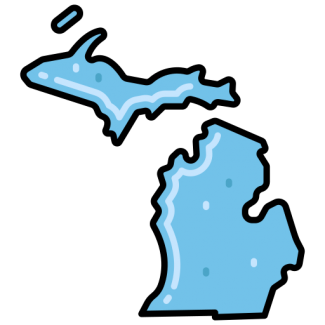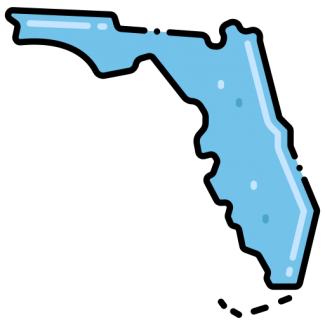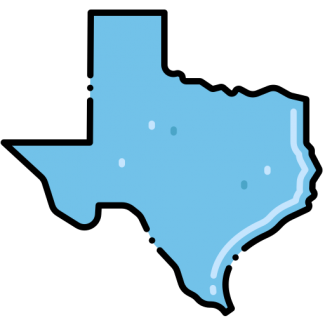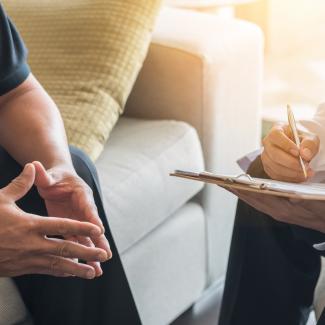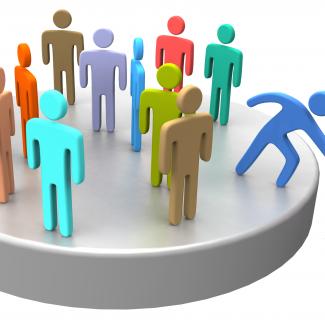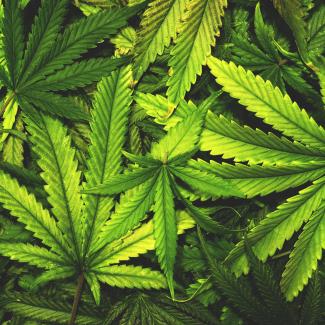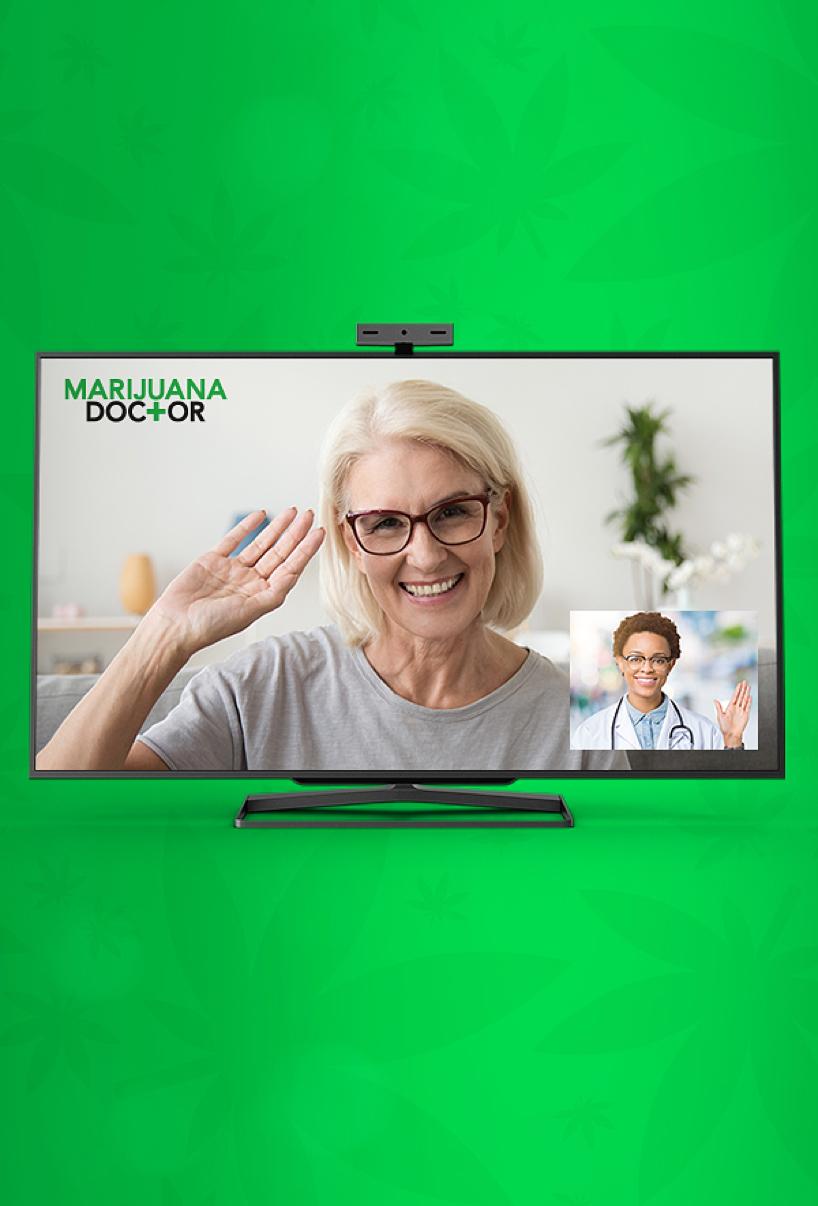Anxiety disorders currently affect approximately 18.1% of the United States population, that’s 40 million Americans between 18 and 54 years of age, according the National Institute on Mental Health (1). Although, since many people don’t seek treatment or self-medicate, the actual number of people suffering from some form anxiety is estimated to be around 30% of the population (2). Of the one third who receive treatment, only an estimated 10% will find relief from those treatments.
Medical marijuana has been shown to treat a variety of ailments and anxiety may be another.
How Medical Marijuana May Help Treat Anxiety
The Endocannabinoid System (ECS), found in all vertebrate mammals, wasn’t discovered until 1992, nearly 30 years after the discovery of THC, or Delta9-Tetrahydrocannabinol. Since then, researchers all over the world have been trying to unlock the medical potential of this this incredibly complex system which consists of two endocannabinoid receptors, known as CB1 and CB2, as well as, two endocannabinoids, or messenger molecules produced. Endocannabinoid receptors are found throughout the central nervous system, as well as, in the organs, tissues, and immune system. Endocannabinoids bind with the endocannabinoid receptors signaling the cell to behave a certain way.
The ultimate goal of the ECS is to achieve homeostasis within all systems of the body. However, when the body does not produce enough endocannabinoids or cannot regulate them properly, clinical endocannabinoid deficiency (3) creates more susceptibility to disease and illness, including many treatment resistant disorders such as fibromyalgia, chronic pain, and even anxiety.
THC vs. CBD
Although paranoia and increased anxiety have been a documented side effect of marijuana since the discovery of THC in 1964, other cannabinoids in the right proportions have been shown to counteract the anxiety-enhancing effects of THC. In particular, CBD, or cannabidiol, has been studied as a competitive inhibitor, which means it will bind to certain receptors before THC (4) and change the shape of the receptor so the THC molecule cannot bind to it. This process inhibits the absorption of THC and minimizes the psychoactive effects caused by it.
The best way to illustrate the benefits of CBD for anxiety is through a pharmaceutical comparison. Lorazepam and clonazepam (Ativan and Klonopin) have long been used as anxiolytic medications. However, they are also prescribed as an anti-seizure medication for many epileptics. If CBD is being used to control seizures in the same way that these pharmaceuticals do, then simple logic says they could also work similarly for anxiety.
For example, Ativan works by enhancing the effect of a certain neurotransmitters (GABA). GABA is the main inhibitory neurotransmitter found in the central nervous system of all mammals. CBD binds to the GABA receptors amplifying the effects of GABA (5), which helps to produce the calming, sedative properties necessary for controlling seizures and for reducing the debilitating effects of anxiety.
Comprehensive Review
In an effort to better understand why people are seeking therapy, a comprehensive review was recently done by a research team in Canada. Maybe one the most thorough reviews of cannabis use in modern day, Canadian researchers included 60 individual studies (6) regarding cannabis for mental health which included more than 28,000 individuals.
In this study, relaxation and anxiety mitigation were among the most widely reported reasons for using cannabis medically, as well as, for non-medical consumption. Lead researcher and psychology professor at the University of British Columbia, Zach Walsh, said during an interview with NORML (7),
“I believe cannabis should be treated the same as other medicines,” says Walsh. “It should be held to the same standards and subject to the same risk-versus-benefit evaluations. We know that its negative effects are certainly tolerable compared to those of many medications we use, so let’s not leave behind all the people who aren’t finding relief in traditional therapies.
References
- Any Anxiety Disorder Among Adults. National Institute on Mental Health. [Online] 2017. https://www.nimh.nih.gov/health/statistics/prevalence/any-anxiety-disorder-among-adults.shtml.
- Folk, Jim and Folk, Marilyn BScN. Anxiety Effects On Society Statistics. http://www.anxietycentre.com. [Online] Apr 25, 2017. http://www.anxietycentre.com/anxiety-statistics-information.shtml.
- Clinical endocannabinoid deficiency (CECD): can this concept explain therapeutic benefits of cannabis in migraine, fibromyalgia, irritable bowel syndrome and other treatment-resistant conditions? Russo, EB. Apr 2008, Neuro Endocrinology Letters.
- ProjectCBD. HOW CBD WORKS. http://www.projectcbd.org. [Online] https://www.projectcbd.org/science/cannabis-pharmacology/how-cbd-works.
- The direct actions of cannabidiol and 2-arachidonoyl glycerol at GABAA receptors. Bakas T, van Nieuwenhuijzen PS, Devenish SO, McGregor IS, Arnold JC, Chebib M. May 2017, Pharmacological Research.
- Medical cannabis and mental health: A guided systematic review. Walsh, Zach, et al. February 2017, Clinical Psychology Review, Vol. 51.
- Daniel, Susan. Study: Cannabis Helps Depression, Anxiety, PTSD and Addiction. NORML. [Online] May 24, 2017. http://normltn.org/study-cannabis-helps-depression-anxiety-ptsd-addiction/

